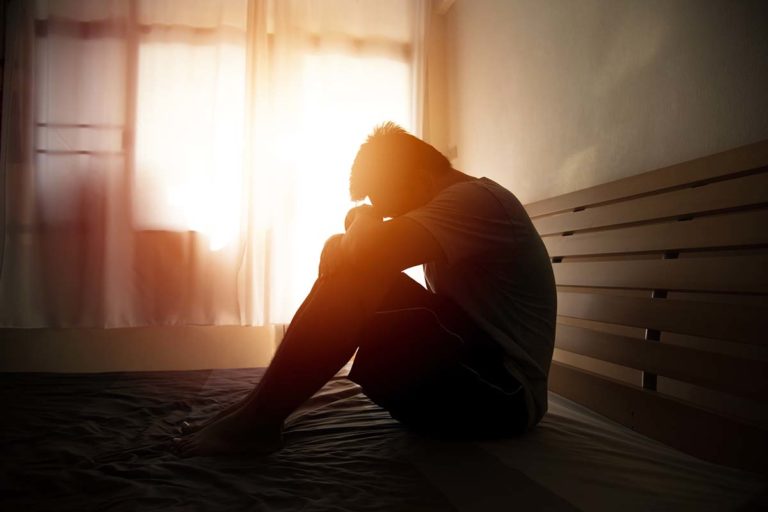While the successful completion of a rehab program is a big first step on the road to recovery, it’s by no means the end of the line. One of the best ways to avoid relapsing after rehab is by keeping in close contact with people who attended treatment with you who are also committed to recovery. The battle with addiction is a long one, filled with challenges unique to your individual journey. Understanding your triggers is the best way to avoid potential relapses. Even if you don’t yet know what your triggers are, you’re on the right track by seeking a better understanding of what the most common relapse triggers are. At Liberty Bay Recovery, we understand that the road to recovery looks different for everyone. Our compassionate health care professionals are standing by to help every step of the way. If you’re worried about relapse triggers or need a rehab program, call Liberty Bay at (855) 607-8758.
Relapse Triggers
While your triggers won’t always be the same as everyone else’s, some universal triggers reach across the board. Here are some of the most common relapse triggers to avoid:
Stress
Stress is the most common contributing factor to relapse. During stressful times it’s all too easy to fall back on old habits or to reach for the nearest escape. Addiction and stress are closely connected, as many relapse to avoid the stress of their daily life. Stressful situations aren’t always easily avoidable. It can come at you unexpectedly in the form of relationship trouble, job issues, and sudden life-changing events such as the loss of someone close to you. You won’t always be able to avoid stressful situations, but you can control how you respond to them. Self-care and ongoing therapy are essential to managing the stress within your life.
Celebrations
On the opposite end of the spectrum, from stressful situations, happy situations can also be triggers. Holidays, birthdays, and any circumstance that draws people together to celebrate may often involve alcohol and other substances. Exposure to the substances you’re abstaining from, and watching others partake in them, poses a genuine problem for anyone in recovery.
Certain People or Places
Old drinking buddies or fellow substance users are a common trigger for relapse. Even if they aren’t encouraging you to partake with them, just seeing them conjures up nostalgia for old times where drugs or alcohol were involved. It works the same with physical locations. It doesn’t have to be bars or clubs where you have fond memories of using; it can be a friend’s house, a car, or any place you associated with usage that brings about the reminiscing, which may lead to the urge to use.
Preventing Relapse
Knowing what some of the most common relapse triggers are is a significant first step. The next step is learning how to avoid them. Some of the best tips for preventing relapse include:
- Prioritizing self-care
- Being honest with yourself and open about your cravings
- Asking for help
- Starting new traditions to replace old ones that may be tied to triggers
- Removing any alcohol, drugs, or paraphernalia from your living space
- Leaning into your support system (i.e., friends, family, therapists, or your sponsor)
How Often Does Relapse Occur?
There’s no set expectation for relapse. Relapse occurs in 40 to 60 percent of recovering addicts. Though this may sound high, it’s important to understand that relapse is not an indication of failure but rather a stumbling block along the way. At Liberty Bay, we offer the following residential rehab programs:
- Alcohol rehab
- Opioid rehab
- Cocaine rehab
Your journey won’t look like other people’s journey. It could be a straight path from start to finish, or it may have detours along the way. In either case, the end goal is the same, and as long as you stay the course, you will achieve your goal.
Get the Rehab Support You Need with Liberty Bay Recovery
At Liberty Bay Recovery, we’re here to help with every part of the recovery process. From detox to rehab and ongoing support afterward, we’re here to help you stay on the path to sobriety. If you’re ready to take that first step, contact Liberty Bay today at (855) 607-8758 or by using the online form.






